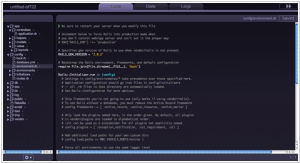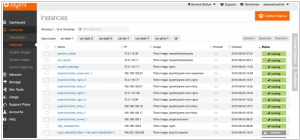Heroku vs Joyent
August 19, 2023 | Author: Michael Stromann
Heroku and Joyent are both cloud platforms that offer application deployment and hosting services, but they differ in their focus, deployment models, and developer experience. Heroku is a fully-managed platform as a service (PaaS) that allows developers to deploy, scale, and manage applications easily. It provides a streamlined experience and abstracts away infrastructure management, making it ideal for developers who want to focus on coding rather than infrastructure. Heroku supports multiple programming languages and integrates well with various tools and services. On the other hand, Joyent is a cloud provider that emphasizes infrastructure performance and scalability. It offers container-based infrastructure as a service (IaaS) and platform as a service (PaaS) solutions. Joyent provides more control and flexibility compared to Heroku, making it suitable for developers who prefer fine-grained control over their infrastructure and want to optimize performance.
See also: Top 10 Public Cloud Platforms
See also: Top 10 Public Cloud Platforms
Heroku vs Joyent in our news:
2015. Heroku launches application development platform for Enterprise
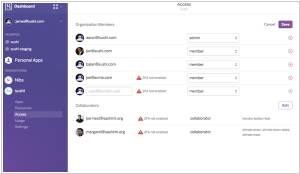
Heroku, the application development and hosting platform owned by Salesforce, has introduced a new offering known as Heroku Enterprise. This product line specifically targets large companies aiming to develop modern applications similar to those found in startups, while also providing the security features and access control often sought by enterprises. Essentially, Heroku Enterprise claims to offer the best of both worlds by enabling large enterprises to create agile-developed applications utilizing cutting-edge technologies like containers and new database services, all while adhering to the stringent governance requirements of the enterprise environment. It's an ambitious goal, and if Heroku successfully accomplishes it, they deserve commendation. With Heroku Enterprise, organizations can now effectively monitor all their developers, applications, and resources through a unified interface, streamlining their management processes.
2014. Joyent gets $15M to add Docker support to its cloud platform
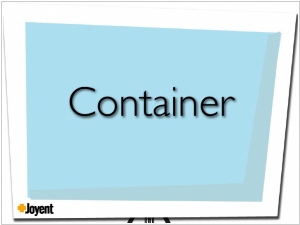
Joyent, a cloud provider, has secured a funding round of $15 million and is placing a strong emphasis on the utilization of container technology in its cloud infrastructure. With the newly acquired funds, Joyent aims to promote its expertise in managing and operating containers as an essential component of its public and private cloud services. Additionally, Joyent seeks to ensure compatibility between its cloud platform and Docker's container technology. Containers have gained significant attention since Docker introduced them, becoming widely adopted within the developer community over the past year.
2014. Salesforce connects Heroku to its cloud
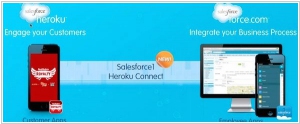
After acquiring the Heroku cloud application platform in 2010, Salesforce has finally established a connection between Heroku and Force.com through the introduction of the Heroku Connect tool. Although Heroku and Force.com are built on different development systems with distinct programming languages, Salesforce has successfully established a functional bi-directional link between them. This connection eliminates the need for extensive recoding, which can be both expensive and time-consuming, allowing Salesforce customers to effortlessly connect their Heroku apps to the Salesforce ecosystem. Salesforce recognizes the importance of showcasing tools like Heroku Connect to attract developers and assure them that Force.com seamlessly integrates with popular web toolkits like Node.js, Ruby on Rails, and Java.
2012. Top 7 Dreamforce stories
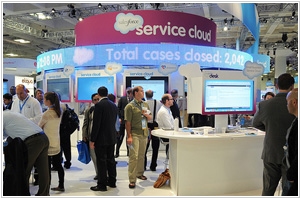
At the Dreamforce 12 conference Salesforce presented a lot of new products, but the problem is that most of these new products either had been already presented at the conference last year, or will become live to next year's conference. So, we'll just briefly go over the main ones: ***
2010. Force.com 2 - already 5 PaaS platfroms
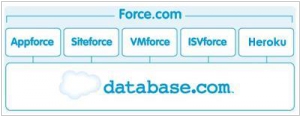
At the Dreamforce conference, Salesforce demonstrated one more time that now it's not so interested in CRM (it was mainly a subject for jokes) as in cloud platforms. Following the release of SaaS database Database.com, the company introduced another big Force.com feature - Heroku - the PaaS startup that Salesforce has recently acquired for $ 212 million. Heroku - is a cloud platform for developing and hosting Ruby-applications (Ruby - is a popular framework for developing Web apps, created by 37Signals). Heroku became one of the five PaaS-services included in the new version Force.com 2. And the new structure of the Force.com platform now looks like this: ***

